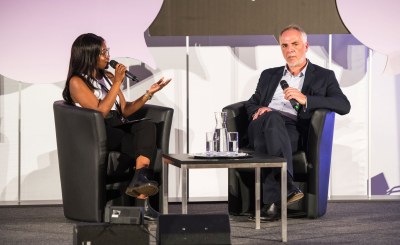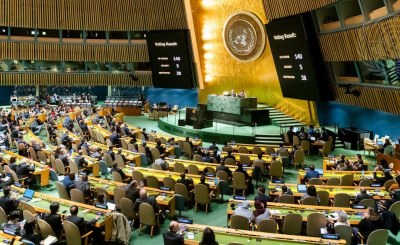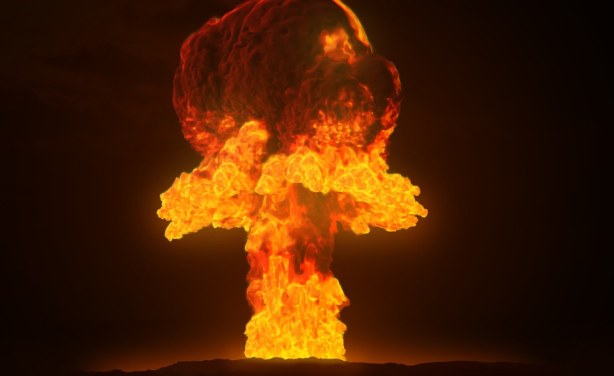-
Africa: African States Can Lead Nuclear Powers Away from Catastrophe
allAfrica, 18 September 2022
The risk of nuclear war is at its highest in decades, and nuclear-armed states are confirming what African states have known for decades: that there is no rational explanation for… Read more »
-
Africa: Humanity is Just One Misunderstanding Away From 'Nuclear Annihilation' - UN Chief
UN News, 1 August 2022
As geopolitical tensions reach new highs, and some governments are spending billions on nuclear weapons in a false bid for peace and security, countries must uphold the nearly… Read more »
-
Africa: The War in Ukraine - Continent Risks Paying a Heavy Price for Neutrality
The Conversation Africa, 11 May 2022
Far from being swift, Russia's invasion of Ukraine now looks likely to become a long-running war of attrition. It will therefore have an accumulating, and increasingly drastic,… Read more »
How African Nations Can Lead Nuclear Powers Away from Catastrophe
Nine countries have nuclear weapons - the U.S., Russia, France, China, UK, Pakistan, India, Israel, and North Korea. In total, the global nuclear stockpile is close to 13,000 weapons.
The risk of nuclear war is at its highest in decades, and nuclear-armed states are confirming what African states have known for decades: that there is no rational explanation for the need for nuclear weapons, and these inhumane weapons of mass destruction are dangerous in the hands of any nation. Russian President Vladimir Putin's nuclear threats to discourage intervention in his illegal invasion of Ukraine and former U.S. president Donald Trump's top military general secretly intervening to prevent him from using nuclear weapons are two recent examples of the dangers. Such irresponsible behaviour threatens the entire world, writes Venessa Hanson, guest columnist for AllAfrica.
The Organization for African Unity - now the African Union - in 1964 supported the denuclearisation of Africa and later conceived the Pelindaba Treaty, also known as the Africa Nuclear Weapons Free Zone. It opened for signatures on April 11, 1996 and entered into force on July 15, 2009. At the time, the only two African countries which had nuclear weapons were South Africa and Libya, which had begun proliferation. Both gave them up, in 1989 and 2003, respectively.




